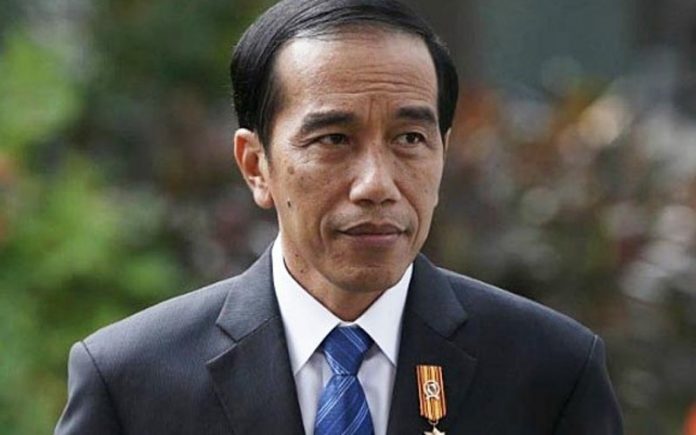
PETALING JAYA: Favorable long-term growth prospects, an attractive investment climate and consistent policies are some of the many reasons which led international investors to opt for other Asean countries instead of Malaysia, said an economist.
Speaking to FMT, Sunway University economics professor Yeah Kim Leng also highlighted the importance of political stability, good governance, low corruption and “a top level, coordinated promotion effort” as some of the key factors why Singapore, Indonesia and Vietnam have successfully attracted high profile investments of late.
The three countries received more than 80% of the record US$156 billion in foreign direct investment (FDI) that Asean countries pulled in last year, according to Unctad, the United Nations trade agency. Only 5%, or just RM31.7 billion (US$7.8 billion) went to Malaysia.
“Malaysia will have to up its performance in all these soft and hard factors that attract the various types of efficiency-seeking, market-seeking and resource-seeking investors,” Yeah told FMT.

Noting that Indonesia’s efforts to eradicate corruption had resulted in sharp improvements in their world ranking, Yeah also said Indonesian president Joko Widodo’s re-election last year had “ignited international investors’ interest” in his infrastructural push and industrialisation plans.
Yeah, a former group chief economist at credit rating agency RAM Holdings, also said Indonesia’s coordinated investment promotion strategy had allowed the government to “excite leading global companies” with its huge and growing market base of around 270 million people.
In addition, Yeah said Indonesia’s potential to develop its vast natural resources was eyed by global companies looking for resource-based investment opportunities.
Yeah was commenting on a recent Facebook post by former prime minister Najib Razak who said there was a lack of effort to attract foreign investors in the past two years.
Najib said US tech giants Tesla, Amazon and Google were eyeing Indonesia as an investment option and asked what Malaysia’s investment agencies were doing to attract FDI.
While FDI into Malaysia increased 3.1% from RM30.7 billion in 2018 to RM31.7 billion in 2019, it is a marked decrease from the previous two years. Malaysia recorded RM41 billion in 2017 and RM47.2 billion in 2016.

Noting that the country had trade offices, investment missions and various staff who promoted the country abroad, senior economist at the Malaysian Rating Corporation, Firdaos Rosli disagreed that Malaysia’s investment agencies “were not doing enough” to attract investment.
He explained that the country’s investment agencies were only performing their duties within the present regulatory space.
“What is our comparative advantage?,” he asked. “That is the million dollar question.
“Our regulations are perfect for attracting low-value investments. But when other countries are also offering the same range of incentives, we are limiting ourselves to compete in a losing space.”
Echoing Yeah’s comments on the hefty size of the Indonesian domestic market, Nazari Ismail of Universiti Malaya’s Business Strategy and Policy Department described it as the “main reason” international investors were flocking to Indonesia – with lower cost of operations also being a key factor.

“Indonesia has a population of 267 million people, so it is certainly difficult to match them in terms of market potential and also the cost of operations,” he said.
“That is why the companies (Tesla, Amazon and Google) also ignored Singapore, which is also much more expensive compared with Indonesia.
“So I will not fault the Malaysian government on this issue unless you also want to increase our population to be as big as Indonesia and bring down our wages to match them, both of which are not realistic options.”


